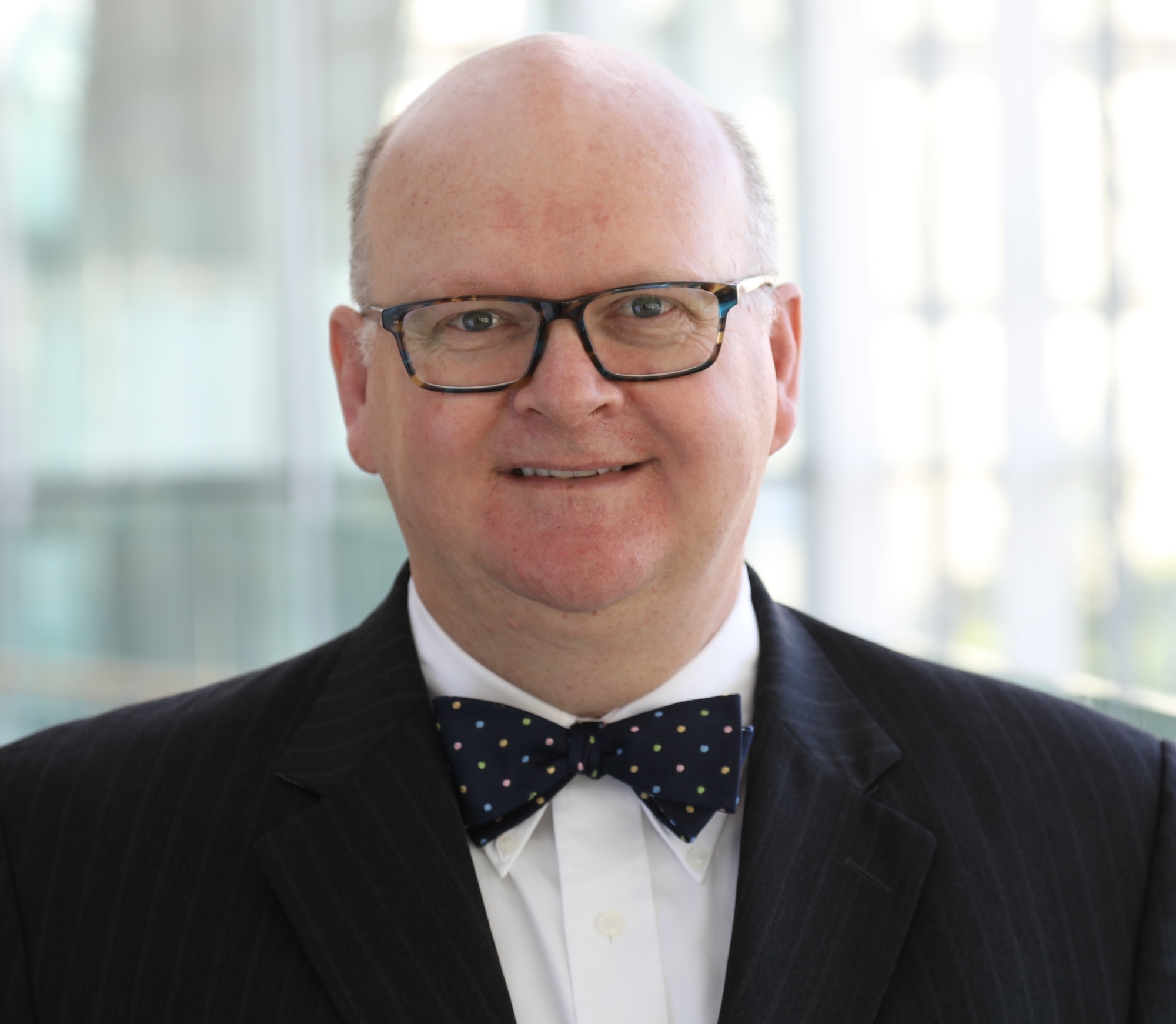Know more about
Martin J. McKeown, BEng, MD, FRCP(C)

Martin J. McKeown, BEng, MD, FRCP(C)
Dr. McKeown is Head of the Division of Neurology and a Full Tenured Professor within the Departments of Medicine and Electrical and Computer Engineering (adjunct) at the University of British Columbia, Canada. Additionally, he holds an honorary appointment as a Visiting Professor at Nanyang Technological University’s Lee Kong Chian School of Medicine in Singapore. His training spans Engineering Physics, Medicine, Neurology, and Computational Neuroscience, completed at McMaster University, the University of Toronto, the University of Western Ontario, and the Salk Institute, respectively. From 1998 to 2013, he was an Assistant Professor of Medicine and Biomedical Engineering. He was a core faculty member at the Brain Imaging and Analysis Center (BIAC) at Duke University in the United States. His research has been supported by competitive funding from agencies such as the U.S. National Institutes of Health (NIH), the National Parkinson’s Foundation (NPF), the Canadian Foundation for Innovation (CFI), Parkinson Canada, the Natural Sciences and Engineering Research Council of Canada (NSERC), the Canadian Institutes of Health Research (CIHR), and the Whitaker Foundation in the U.S.
He has served on the U.S. NIH Brain Disorders and Clinical Neuroscience (BDCN) review panel, Canada’s CIHR Neuroscience A (NSA) committee, and various peer review committees for Parkinson Canada. Additionally, he has chaired the Research and Clinical Advisory Committee at Parkinson Canada and currently serves as the Medical Advisor for Parkinson’s BC. Dr. McKeown has authored over 280 peer-reviewed journal articles, conference papers, and book chapters. In recognition of his contributions, he was included among Stanford University’s "Top 2%" of scientists worldwide in 2023. Clinically, he specializes in treating Movement Disorders, focusing on Parkinson’s disease.
An update on neuromodulation for Brain Disease
Abstract:
Traditional treatments for many brain diseases have focused on manipulating brain biochemistry through pharmacotherapy. Over 25 years ago, Deep Brain Stimulation (DBS) was introduced, and nearly 250,000 devices have since been implanted worldwide to treat various conditions, primarily Essential Tremor and Parkinson’s Disease, with new indications continually being explored. Despite extensive clinical experience, the full range of mechanisms underlying DBS remains unclear, and researchers are still investigating the causal links between brain rhythms and behavioral outcomes.
Non-invasive brain stimulation methods—including magnetic, electrical, and mechanical (ultrasound-based) stimulation—are also under active investigation, though results have so far been modest. There is growing recognition that stimulation approaches, particularly non-invasive ones, should be customized to each individual to maximize their effectiveness. This presents an exciting opportunity for biomedical engineers to contribute their expertise in data science and nonlinear control to develop personalized, non-invasive treatments for various neurological conditions.
 ICBME 2024
ICBME 2024